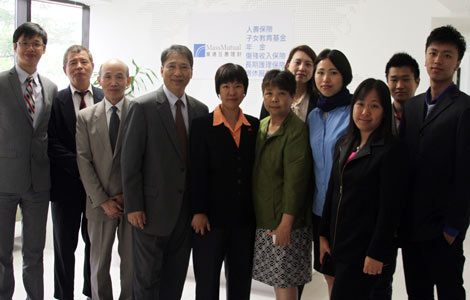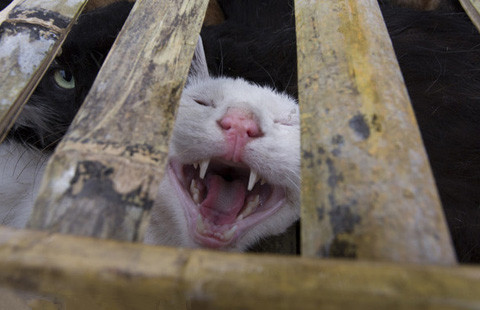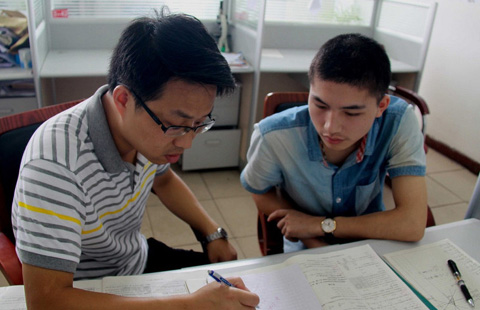China likely to free up interest rates within 2 years
Updated: 2014-07-10 21:00
(Xinhua)
|
||||||||
|
 |
| Central bank to take reality check on realty |
"The timetable to liberalize interest rates will be mostly carried out according to conditions of the domestic economy and global economy, but we believe it could be realized within two years," Zhou told a press conference at the ongoing China-U.S. Strategic and Economic Dialogue.
In March, Zhou said at China's annual legislative session that the country is very likely to ease its grip on banks' deposit rate, the last and most important step of interest rate liberalization, in the coming one or two years.
At Thursday's press conference, Zhou said the Chinese leadership has stressed "a sense of urgency in reform" and the People's Bank of China is preparing accordingly.
After the interest rate is freed up, the central bank will have its policy rate play a guiding role in the market via mechanisms on the monetary market, said Zhou, adding that the bank is preparing two or three sets of such tools.
China has taken incremental steps toward interest rate liberalization, including a central bank decision last July to scrap the floor limit for bank lending rates, and a guideline in December for piloting negotiable deposit certificates on the interbank market.
As for forex reform, Zhou said the central bank will "significantly cut intervention on the forex market" if targets for forex reform are realized step by step and when the right conditions are in place.
The international forex market will see some abnormal fluctuations as major countries adjust their currency policies, said Zhou. As a result, China has to be discreet about the spillover effect, he noted.
Data showed the Chinese currency, the yuan, had appreciated by more than 12 percent by January this year after the central bank deepened reforms to the yuan's exchange rate formation mechanism back in June 2010. However, the currency headed toward months of depreciation against the U.S. dollar after the central parity rate of the yuan hit a new high against the dollar on Jan. 13 at 6.095.
Analysts have forecast that greater two-way fluctuations of the yuan may become a normal trend in the future.
"If the market fluctuates too much resulting from short-term opportunistic forces, we will make moves; and if the market is stable, we could speed up the reform a little bit," Zhou said.
- Central bank to take reality check on realty
- China to keep RMB largely stable: central bank
- Central bank chief highlights China's financial risks
- Ghana's central bank to encourage use of Chinese yuan
- Europe's central bank weighs anti-deflation steps
- Central bank cuts reserve ratio for rural lenders
- Central bank governor visits Shanghai FTZ
- Central bank in a monetary dilemma
- China's central bank continues to drain liquidity

 M.Y. China: Tradition with a twist
M.Y. China: Tradition with a twist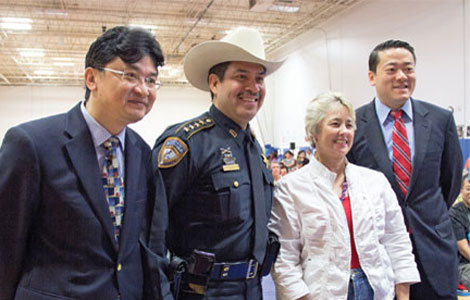
 CARE marks 4th of July with charity fundraiser
CARE marks 4th of July with charity fundraiser
 Hainan Airlines provides limo service in US
Hainan Airlines provides limo service in US
 Chinese-American hoopster makes history
Chinese-American hoopster makes history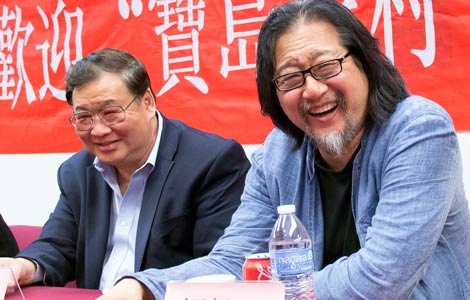
 Hit play returns to US for a second run
Hit play returns to US for a second run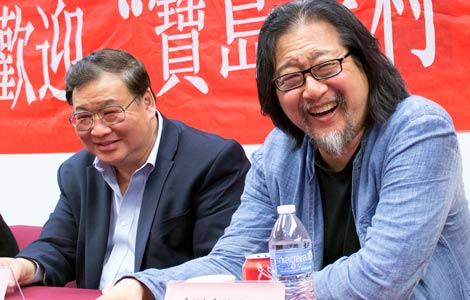
 The Village by Stan Lai comes to stages in the US
The Village by Stan Lai comes to stages in the US
 APEC China CEO Forum opens in Seattle
APEC China CEO Forum opens in Seattle
 Chinese Navy leave Pearl Harbor to join RIMPAC drill
Chinese Navy leave Pearl Harbor to join RIMPAC drill
Most Viewed
Editor's Picks

|

|

|

|

|

|
Today's Top News
China, US pledge partnership
RMB use is on the rise in US business
Chinese see NYC real estate as a sound place
Australia is top destination for wealthy Chinese
Berlin expels US spy official
China-US investment treaty on fast track
Horses and dragons kick off art show
Chinese are No 1 buyers of US residential property
US Weekly

|

|
